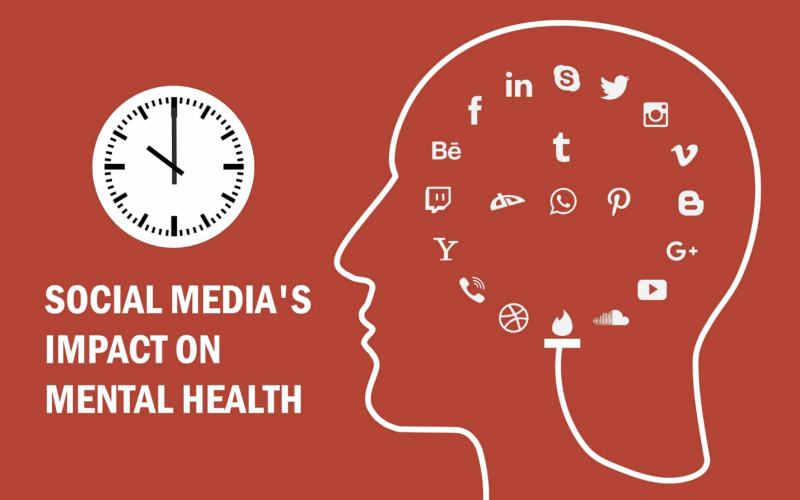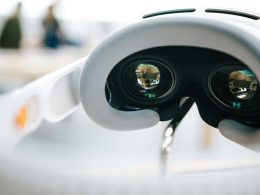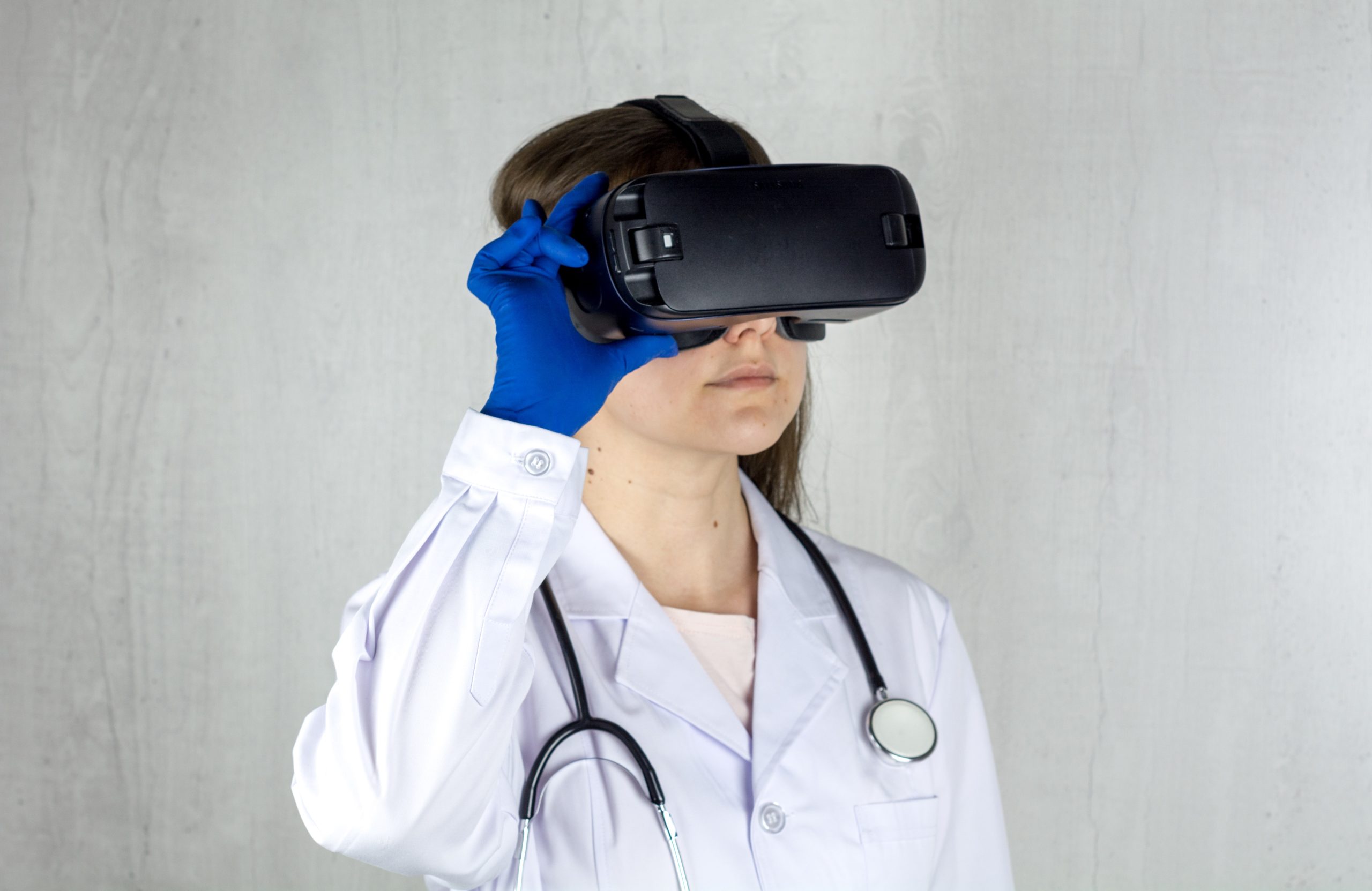Introduction
Meet our author, Dr. Emma Collins, a seasoned psychologist with over two decades of experience in understanding the intricate relationship between technology and mental health. In this article, Dr. Collins will unravel the complexities of how social media affects our psychological well-being and provide actionable advice to maintain a healthier digital presence.
The Digital Age Dilemma
In this digital age, social media platforms have become an integral part of our daily lives. From the moment we wake up to the time we go to bed, many of us are tethered to our screens. While these platforms have brought people closer, they’ve also raised concerns about their impact on our mental health.
The Psychological Impact
Constantly scrolling through your social media feeds may seem harmless, but it can have a profound psychological impact. Dr. Collins explains that excessive social media use can affect your mood, self-esteem, and even your sleep. The incessant exposure to curated, seemingly perfect lives can lead to feelings of inadequacy and anxiety.
The Role of Comparison
One of the major culprits is the constant comparison. Dr. Collins delves into how comparing our lives to the highlight reels of others can create a vicious cycle of unhappiness. We’re always just one scroll away from someone who seems to have it all figured out.
FOMO: The Fear of Missing Out
FOMO, or the Fear of Missing Out, is another psychological phenomenon that plagues social media users. Dr. Collins explains the psychology behind this fear and how it can lead to anxiety and even depression.
Addiction and Dopamine: The Feedback Loop
You might be surprised to learn that social media addiction is not just a figure of speech. Dr. Collins elucidates how these platforms are engineered to keep you hooked. The release of dopamine, the “feel-good” neurotransmitter, plays a pivotal role in this addiction.
Strategies for a Healthier Digital Life
The good news is that you can take control of your digital life. Dr. Collins offers practical tips to balance your social media usage. She emphasizes the importance of mindful engagement and knowing when to unplug.
Unplugging: The Power of Digital Detox
Dr. Collins discusses the benefits of occasional digital detox and provides readers with actionable steps to make it happen. A break from the constant barrage of information can do wonders for your mental well-being.
Case Studies: Real-Life Experiences
To illustrate the real impact of social media on mental health, Dr. Collins shares personal stories of individuals who transformed their mental health by altering their social media habits. These case studies show that change is possible and that many have taken positive steps toward a healthier relationship with social media.
Mindful Social Media: Using Technology for Good
The article concludes with Dr. Collins offering guidance on how to use social media for positive connections and personal growth. With the right approach, these platforms can enhance our lives rather than detract from them.
Comparative Table: Social Media Platforms
Table 1: Key Points in Social Media and Mental Health
| Section | Key Takeaways |
|---|---|
| The Psychological Impact | Effects on mood, self-esteem, and sleep |
| The Role of Comparison | Comparison traps and mental health |
| Addiction and Dopamine | The neurological reward system |
| Strategies for a Healthier Digital Life | Balancing screen time and life |
| Unplugging | Benefits and practical tips for detox |
| Mindful Social Media | Positive ways to use social platforms |
Table 2: Comparative Analysis of Social Media Platforms
| Social Media Platform | Key Features | Potential Mental Health Impacts |
|---|---|---|
| Social connections and updates | Anxiety and political stress | |
| Visual sharing and aspirational content | Body image concerns and FOMO | |
| Real-time updates and conversations | Information overload and stress | |
| TikTok | Short videos and entertainment | Short attention span and addiction |
Strategies to Scroll Mindfully
Set Time Limits
Use built-in app timers or focus mode to cap social media use to 30 minutes per session.
Curate Your Feed
Unfollow accounts that trigger negative feelings and follow those that inspire or educate.
Replace the Habit
When you feel the urge to scroll, try a short walk, a five-minute meditation, or reading a few pages of a book instead.
Digital Detox Days
Designate one day per week to go social-media-free. Use the extra time to connect face-to-face, exercise, or pursue hobbies.
Practice Gratitude
Keep a photo journal of positive moments—family gatherings, milestones, nature walks. Reviewing these images offline can boost mood more than mindless scrolling.
Building a Supportive Online Environment
Engage Authentically
Comment, share, and message with genuine interest. Meaningful interactions beat passive consumption every time.
Encourage Positivity
Share uplifting stories, helpful tips, and personal victories. Positive posts can counterbalance negative news and memes.
Report and Block
Don’t hesitate to block trolls or report harassment. Protect your mental space as firmly as you would your personal safety.
When to Seek Professional Help
Warning Signs
- Persistent sadness, hopelessness, or irritability
- Social withdrawal and loss of interest in offline activities
- Racing thoughts about social media or compulsive checking
- Sleep disturbances or appetite changes
Therapy and Counseling
A licensed therapist can help address underlying anxiety, depression, or self-esteem issues. Cognitive-behavioral therapy (CBT) techniques often target harmful thought patterns linked to social media use.
Future Directions: Designing Healthier Platforms
Ethical Design
Calls for “humane tech” encourage social media companies to adopt features like built-in timers, grayscale modes, and simplified feeds to reduce addiction risk.
Algorithm Transparency
Greater transparency in recommendation algorithms can help users understand why they see certain content and reduce unintended negative effects.
Mental Health Partnerships
Platforms partnering with mental health organizations can offer in-app support resources, crisis lines, and proactive check-ins when users display distress signals.
Conclusion
Social media has reshaped how we connect, learn, and entertain ourselves. But it also carries risks that can take a toll on our mental health—from anxiety and FOMO to poor sleep and low self-esteem. By understanding the mechanisms behind social media’s impact and adopting mindful scrolling strategies—like setting time limits, curating your feed, and taking digital detox days—you can reclaim control over your online habits. Remember to seek professional help if you experience persistent distress, and advocate for healthier platform designs that support well-being. With thoughtful use and balanced habits, you can enjoy social media’s benefits while defending your mental health in the digital age.
In this article, Dr. Emma Collins, a leading expert in psychology, has shed light on the significant impact of social media on mental health. From the constant comparisons we make to the dopamine-driven addiction, it’s clear that social media isn’t without its downsides. However, Dr. Collins also provides us with strategies and insights on how to maintain a healthier digital life, and even use social media for personal growth. The comparative tables offer a visual overview of different social media platforms, making it easier for readers to understand their potential impacts. In today’s digital age, it’s essential that we approach social media with mindfulness and a focus on mental well-being.










